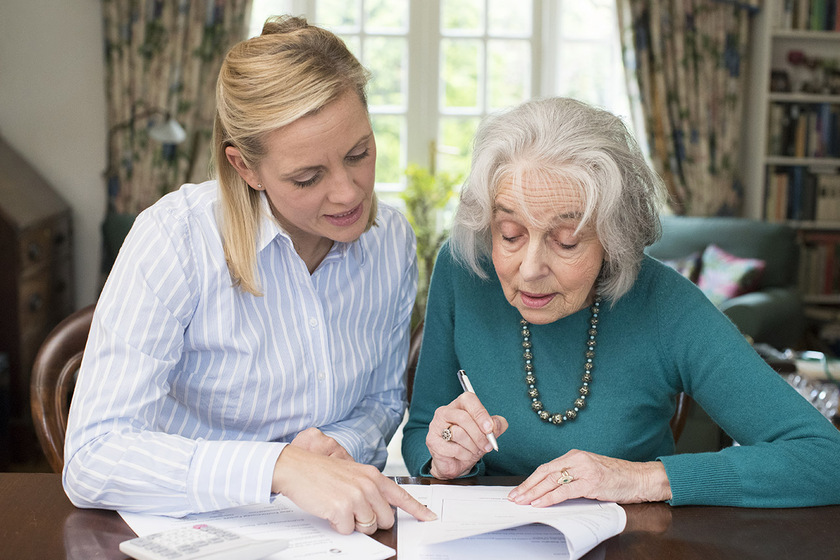A disease like Parkinson’s affects an individual’s life in many ways, including the ability to live independently. This can be especially challenging for golden-age adults who may have been used to living on their own and doing things on their own terms. The good news is that florida assisted living communities are designed to help people with Parkinson’s or other chronic conditions maintain their independence while offering assistance when needed. In this blog post, we’ll discuss how assisted living communities can help individuals with Parkinson’s live better lives and what you should consider before deciding if one is right for you.
Living With Parkinson’s Disease
Parkinson’s disease is a chronic, progressive central nervous system disorder. Parkinson’s disease is characterized by a loss of dopamine-producing brain cells that produce important neurotransmitters called dopamine.
As people age, they may develop tremors or shake of their arms, legs, or other parts of their bodies; stiffness in their limbs; slowness in their movements; difficulty with walking and balance; problems with speech or swallowing; depression and anxiety. Patients also have a higher risk of heart complications and pneumonia because they lose weight and have trouble digesting food properly.
Parkinson’s Disease Symptoms
The following are some common signs of Parkinson’s disease:
- Tremor – This symptom is caused by a lack of dopamine in the brain that makes it hard for your muscles to control movement.
- Stiffness – When you have trouble moving your limbs and body parts because they become stiffer over time.
- Slowness in Movement – As your muscles lose control, they become slower and less responsive when asked to move.
- Loss of Coordination – Your hands may shake while holding something or trying to write on paper because there isn’t enough coordination between your brain and body.
- Apathy or Emotional Changes – You may feel depressed or sad because there isn’t enough dopamine left in their brains to allow them happiness.
- Sleeping Problems- Sleep apnea (inability to breathe normally) can occur when muscles relax during sleep causing breathing problems
Parkinson’s disease symptoms can be treated with medication such as L-dopa and Levodopa; however, this only works for about 50% of people with Parkinson’s Disease. Medications must be taken daily to help control the disease’s worst symptoms, such as tremors (shaking) and stiffness in the arms or legs. They may also cause sleepiness or other side effects like nausea which may affect how well you do your job or schoolwork if taken during these activities. You should let your doctor know if any new medications have been prescribed since it is important that they don’t interact negatively with each other when taken together long term because this could result in serious health issues including death!
It is also important that seniors living with this condition understand what lifestyle changes need to be made now so that future complications associated with living so long without proper treatment won’t occur later.
Why Florida Assisted Living Communities Can Help With Parkinson’s Disease
Many assisted living communities to provide personal care services to assist residents with daily needs. These daily needs may include bathing, dressing, grooming, mobility, exercise therapy, and medication management. Additionally, some Florida assisted living communities offer meal preparation assistance and housekeeping or laundry assistance.
Some assisted living communities have social activities that promote communication between residents while also providing opportunities for socialization. This can be very helpful for Parkinson’s patients who may be experiencing difficulty communicating verbally or physically due to symptoms such as tremors and rigidity of limbs or muscles.
The goal is to keep your loved one as independent as possible while still providing them the care they need. Florida assisted living communities to provide a sense of community and purpose that helps you stay healthy, happy, and safe.







